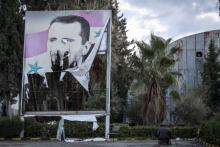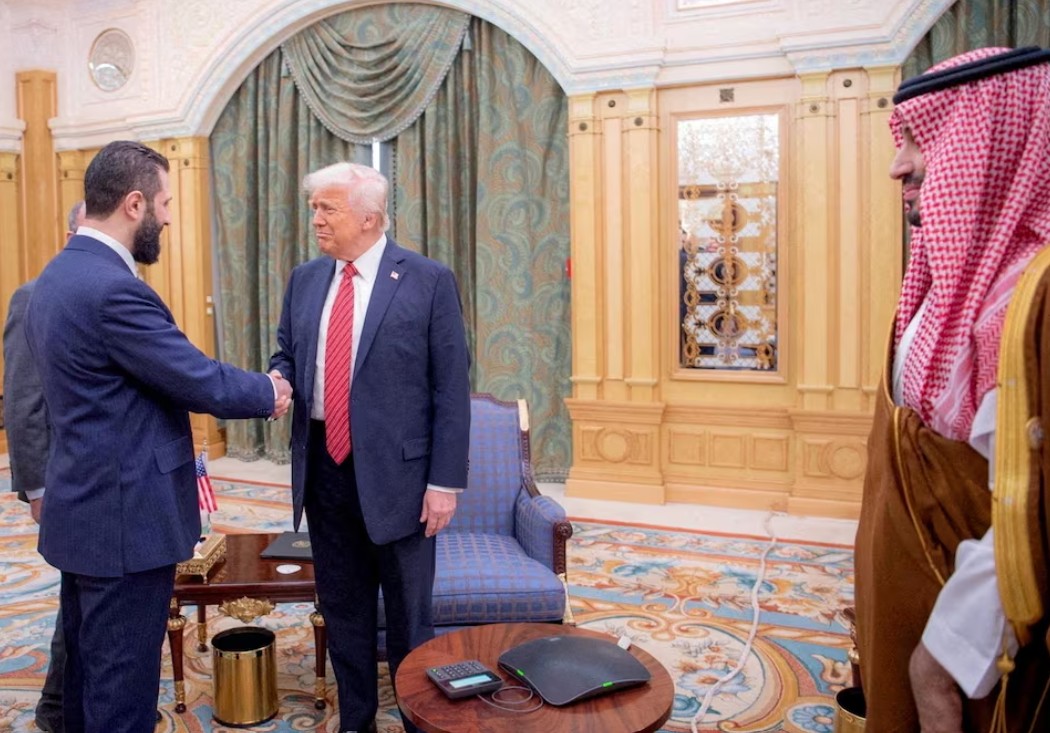Submitted by Ruth on Wed, 06/24/2020 - 15:40
Just last year, Syrian dictator Bashar al-Assad seemed on the brink of crowning military victories by easing his diplomatic isolation and recovering more of Syria without a bullet being fired.
Not only had the U.S.-allied Kurdish PKK invited Assad’s forces back to the northeast, but businessmen from the once hostile United Arab Emirates visited Damascus to scout out investment opportunities and regional trade had started to pick up.
Submitted by Ruth on Tue, 06/23/2020 - 13:38
The US is no longer demanding that Syrian regime leader Bashar al-Assad step down from office, and is instead seeking a radical change in the regime's behavior, President Donald Trump's special envoy for the country's conflict said Monday.
"We are not demanding total victory. We are not saying that Assad has to go," Ambassador James Jeffrey said during a virtual conference hosted by the Washington, D.C.-based Middle East Institute think tank.
Submitted by Ruth on Sat, 06/20/2020 - 17:16
By Steven Heydemann, Brookings Institution
On June 17, the most wide-ranging U.S. sanctions ever applied against Syria went into effect. The Caesar Syria Civilian Protection Act, passed into law as part of the most recent National Defense Authorization Act, dramatically expands the authority of the U.S. government to sanction businesses, individuals, and government institutions for economic activities that support the Assad regime’s ability to wage war.
Submitted by Ruth on Sat, 06/20/2020 - 17:16
By Steven Heydemann, Brookings Institution
On June 17, the most wide-ranging U.S. sanctions ever applied against Syria went into effect. The Caesar Syria Civilian Protection Act, passed into law as part of the most recent National Defense Authorization Act, dramatically expands the authority of the U.S. government to sanction businesses, individuals, and government institutions for economic activities that support the Assad regime’s ability to wage war.












